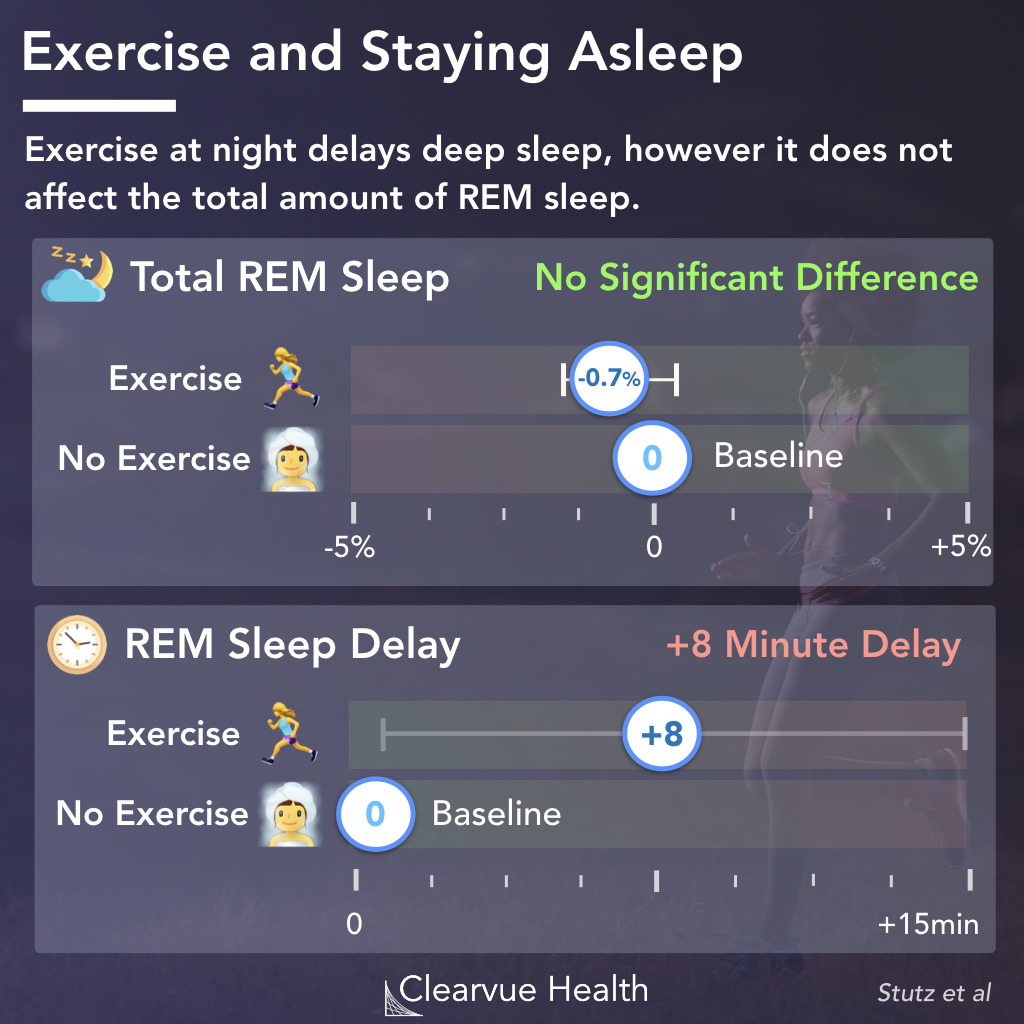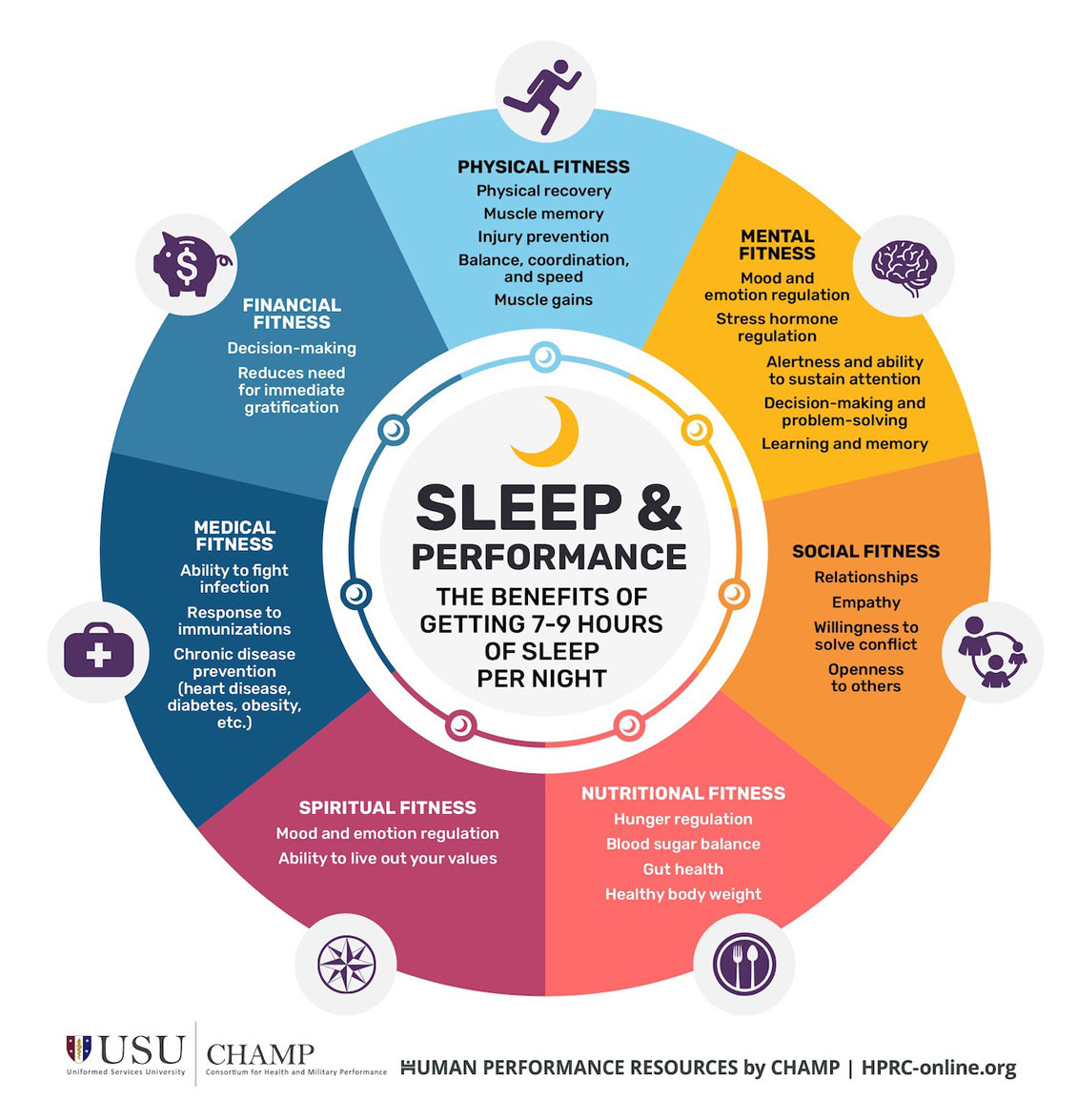How Does Exercise Promote Better Sleep?
The link between exercise and sleep is undeniable. A well-planned exercise regimen can significantly enhance sleep quality, contributing to overall physical and mental well-being.
The link between exercise and sleep is undeniable. A well-planned exercise regimen can significantly enhance sleep quality, contributing to overall physical and mental well-being.

Sleep and exercise share a symbiotic relationship, each influencing and enhancing the other.
This blog delves into the intricate relationship between physical activity and sleep quality, unraveling how regular exercise can lead to better sleep and, in turn, a healthier lifestyle.
So, how does exercise promote better sleep?
Sleep consists of multiple stages, including Rapid Eye Movement (REM) and Non-REM phases.
Quality sleep requires cycling through these stages multiple times. Exercise influences this cycle, promoting deeper and more restorative sleep.
Physical activity impacts the balance of sleep-related hormones like melatonin and cortisol.
Regular exercise can increase melatonin production, a hormone critical for sleep, and decrease cortisol, a stress hormone that can interfere with sleep.
Cardiovascular activities like jogging, swimming, and cycling elevate the heart rate and improve sleep quality.
They not only help in falling asleep faster but also in achieving a deeper sleep state.
Strength training, while less discussed, is equally beneficial. It aids in overall physical exhaustion, leading to a more profound need for rest and recovery during sleep.
Yoga and mindfulness exercises promote relaxation and stress relief, directly impacting sleep quality.
Techniques like deep breathing and meditation prepare the mind for a restful night.

Engaging in exercise during the morning can invigorate the day and regulate the body’s circadian rhythm, leading to improved sleep patterns at night.
While evening workouts are often debated, moderate exercise can be beneficial.
However, it's crucial to avoid intense workouts close to bedtime as they might hinder the ability to fall asleep.

Regular physical activity has been shown to combat insomnia. It not only helps in reducing the time it takes to fall asleep but also decreases night-time awakenings.
Exercise, particularly aerobic and breathing exercises, can alleviate the symptoms of sleep apnea by strengthening respiratory muscles and improving oxygen flow.

Exercise is a known mood booster, reducing symptoms of anxiety and depression, which are often linked to sleep issues.
Regular exercise contributes to overall health, reducing the risk of sleep-disruptive conditions like obesity, diabetes, and cardiovascular disease.
:max_bytes(150000):strip_icc()/how-to-begin-working-out-with-a-chronic-illness-5209259-final-01d2a4c566934794813ef0e252e4c64b.jpg)
If new to exercising, it's essential to start slow and gradually increase intensity to avoid injury and ensure consistency.
Regular exercise, even in shorter durations, is more beneficial for sleep than intermittent intense workouts.
Understanding personal limits and adjusting exercise routines accordingly is vital. Overexertion can lead to injuries and counterproductive results.
The link between exercise and sleep is undeniable.
A well-planned exercise regimen can significantly enhance sleep quality, contributing to overall physical and mental well-being.
Embracing an active lifestyle is thus a step towards achieving better sleep and a healthier life.
Your cart is currently empty.
Start Shopping